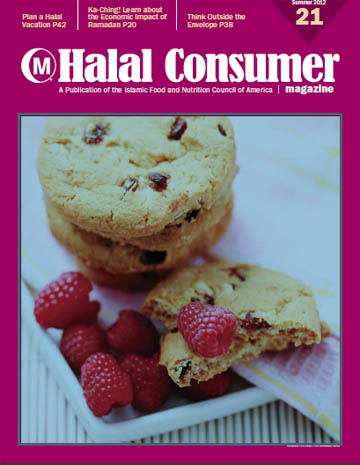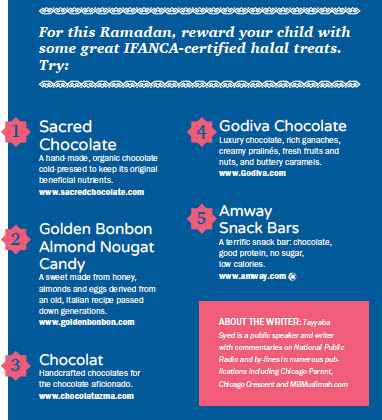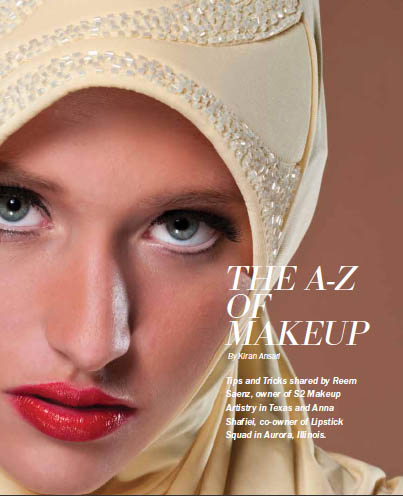
Dietary rules — I suspect these have always been around as our earliest ancestors learned what foods made them feel good, what foods made them sick and what foods made them well. The ancient world and the Islamic era have bequeathed a wealth of herbal remedies and food recipes that continue to have relevance. Then there are the taboos, the kosher and halal rules that go beyond any scientific rationale to diet by revelatory fiat. The kosher laws in Leviticus, as anthropologist Mary Douglas showed many years ago, are not really about health, but symbolic for the community that applies them. Tainted beef will get you sick just as quickly as tainted pork. But as long as there is no harm, then eating kosher or halal is not a problem. It may be an inconvenience, but it is not going to harm your health.
It is one thing to eat halal and another to turn the idea of halal food into something that is more about consuming than eating as a religious preference. Devout Christians complain that Christ has been x’d out of Christmas and they are right: Santa Claus, Christmas trees and oligatory gifts define Christmas as it is currently consumed in the United States. I suspect there is a danger that the same thing can happen to halal food and to the fasting month of Ramadan. Let’s take Ramadan first: the original intent was for religious reflection at a time when both Jews and Christians also observed fasting as a reflective rite. Going without food and water, no matter what the exact time dimension, is a powerful symbol pointing to those less fortunate who may have no food or water or barely enough to survive. It can also cleanse your body. But if you simply abstain during the day, then gorge after sunset and spend half the night celebrating, what exactly is the point of fasting?

Not long ago it was almost impossible to find halal food, except in home cooking or the rare halal butcher or Muslim grocer. Now even regular supermarkets are likely to carry some halal food, at least according to the information on the product. There is a market for halal food, so where there is a market there is also a focus on selling to consumers. Witness the slick magazine Halal Consumer (the name itself is quite instructive), published by the Islamic Food and Nutrition Council of America. I understand the rationale behind eating halal meat, slaughtered in a certain way and with an appropriate religious phrase. There are also certain foods and drinks which have long been considered not to be halal. But since when should there be a halal test for everything a Muslim eats? Halal chocolate? Really? When was the last time you saw a chocolate bar with pork rinds? And halal-certified dates? I don’t remember any reference to the Prophet saying that one must be sure to eat “halal” dates.

Article in the latest Halal Consumer
Consuming halal in Halal Consumer goes hand in hand with consuming hijab. The Summer 2012 issue (which can be downloaded from their website) even offers “Hijabi makeup.” The rationale: “If you are doing it to make yourself feel better and not to attract others, it is fine in my opinion but I cannot speak for everyone,” says the co-owner of Lipstick Squad in Aurora, Illinois. We must assume that the accompanying photograph is of a woman who wears bright red lipstick because it makes her feel better. Drinking wine makes a lot of people feel better, too.
Lest I be misunderstood, I am not arguing for keeping halal or wearing hijab, both practices which I regard as cultural. Nor am I arguing that food and clothing aimed at Muslims should not be advertised. The point is that the 21st century is not the 7th century of the Prophet nor the 14th century of Ibn Taymiyya. Cultural practices that define or suggest what to eat, drink and wear need to be constantly reassessed because fashion change is inevitable and new scientific knowledge has helped us better understand the role of diet and medicine for keeping healthy. By all means eat dates, but don’t fret if there is no halal label. And wear all the lipstick you desire, but then don’t assume that modesty demands covering hair.
Daniel Martin Varisco